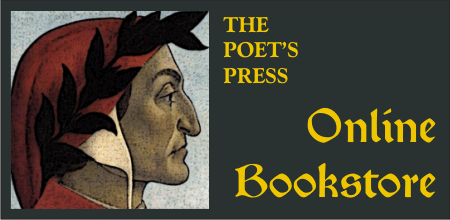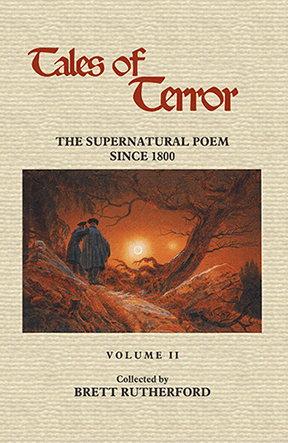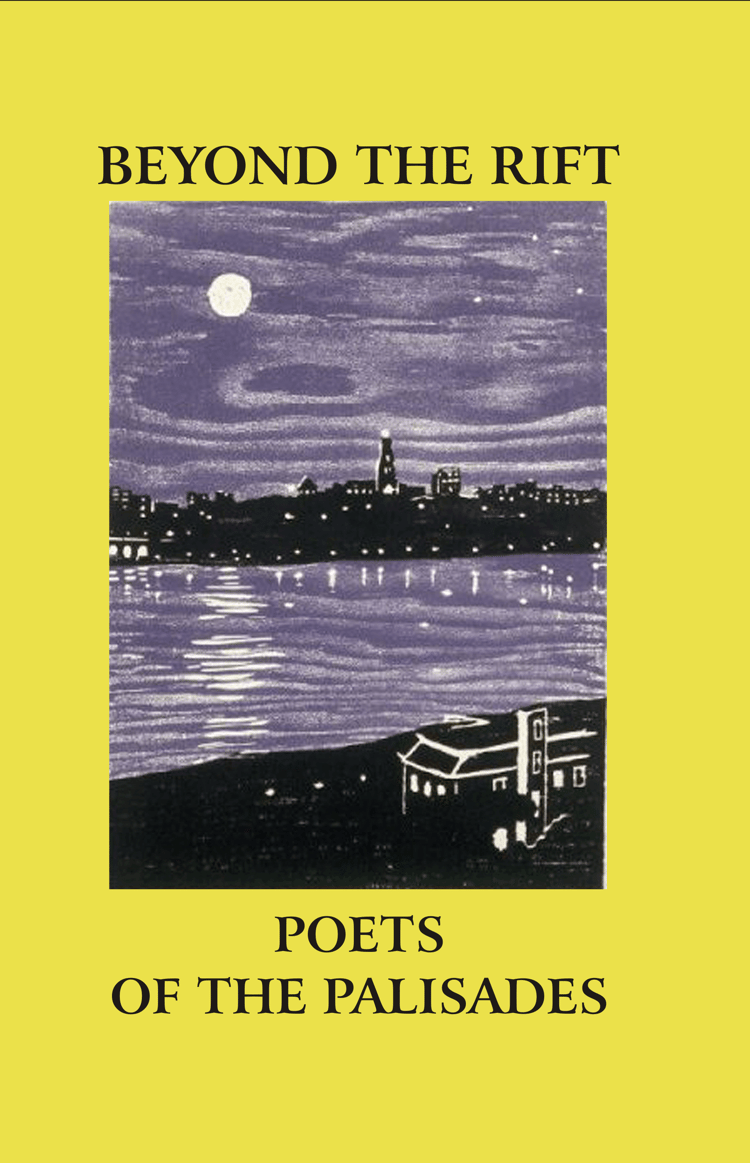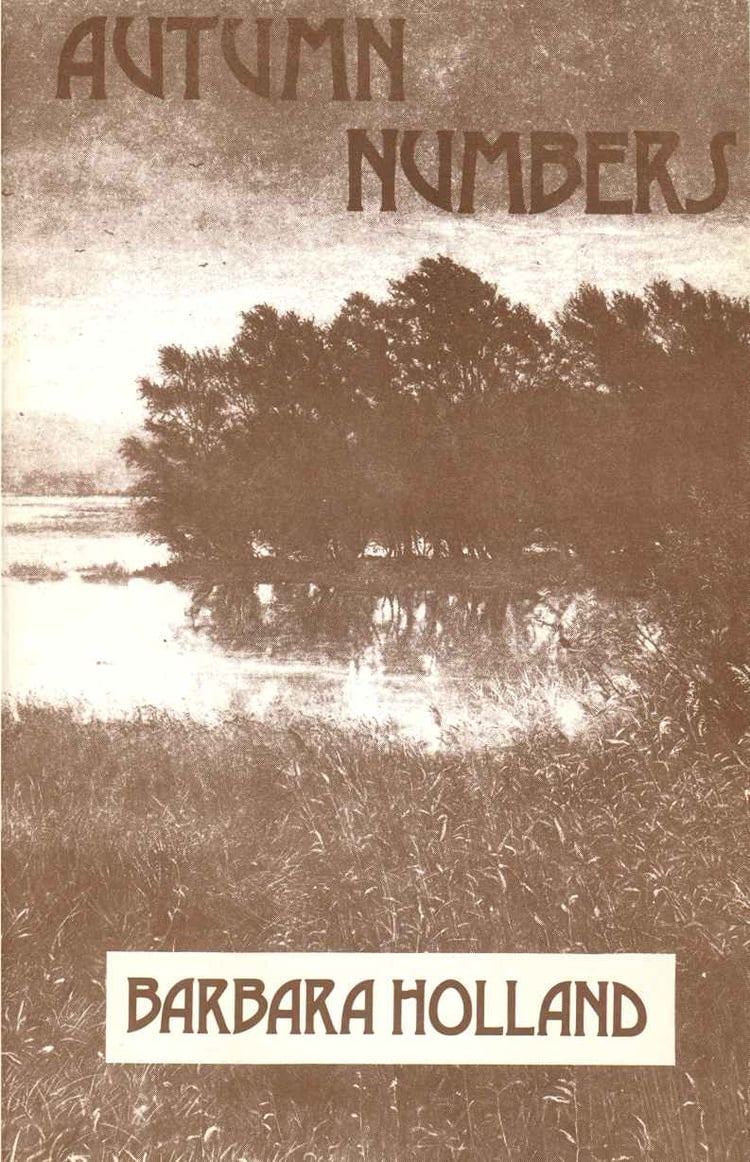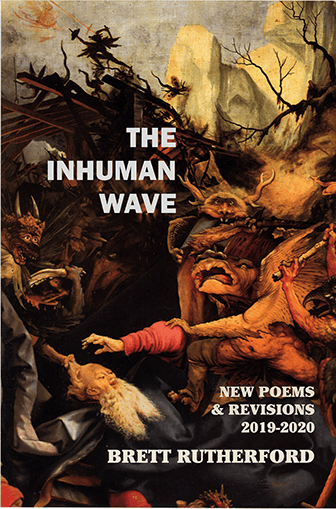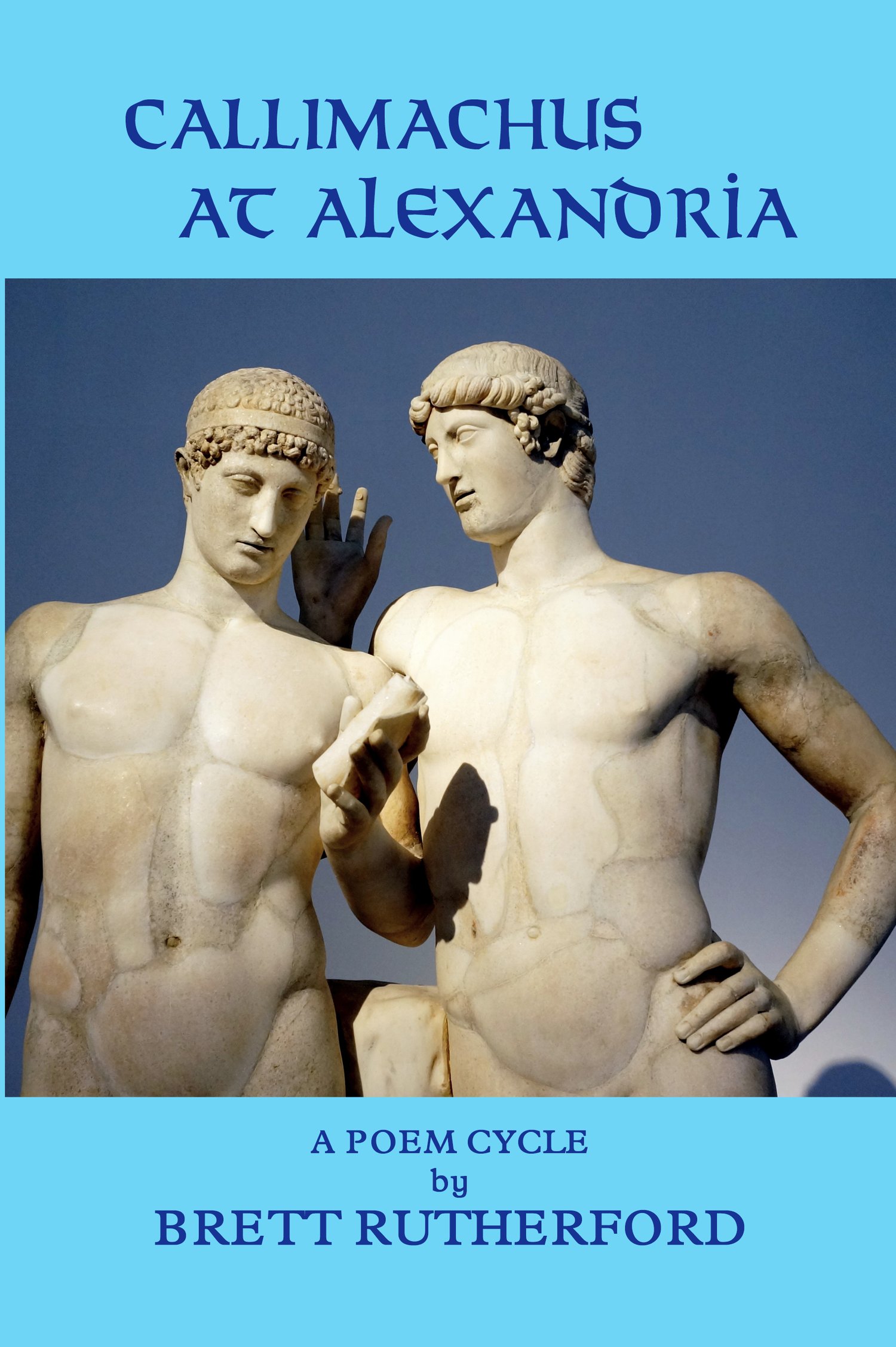
Brett Rutherford - Callimachus at Alexandria 2nd Edition (PDF)
On Sale
$2.99
$2.99
Callimachus was born around 310 BCE in Cyrene, a Greek city in what is now Libya. He found his way to Alexandria, and after some years of poverty as a school-teacher, he was noticed by one of the Ptolemies and called to court. In accounts written centuries later, he is described as either working at, or being in charge of, the Great Library of Alexandria. He is known to have written some 800 works, including an epic on the secret origins of various gods and mythological figures. The only extant complete works of this ancient Greek master are 64 epigrams, and his eight Hymns to gods in the Homeric manner.
This volume presents new translations/adaptations of most of the epigrams, two segments from the Homeric hymns, and fragments from an epic. These poems are personal, imbued with the poet’s own personality; they are usually short, compressed, and brutally to the point. He did not invent the epigram, but he did create examples of breath-taking beauty. Even when the poem is an imaginary tombstone epitaph, the slightly self-mocking world-view of Callimachus shines through. Fate is brutal, life is short, and heroism mixed with passion are allowed to shine, even if they do not triumph.
Stuffy classicists of the past, mired in Puritanism and sexual repression, seemed unwilling to read between the lines and let Callimachus speak. We can now see him as the high-minded, aloof, gay librarian who lives down the hall, with a never-ending array of younger male companions, a man who lives well, eats well, and veers between joy and desolation, all on a librarian’s salary.
The poems in this volume are not literal translations. Although they contain most of the Greek’s words or phrases, much has been added to flesh out the narrative and to create a more modern, speaking voice. Other things are added to make each poem self-explicate so that footnotes are not needed. To varying extent, then, these are paraphrases, adaptations, and expansions. The form is improvised free verse, with a nod to the elegance and restraint of Roman poetry. This second, expanded edition includes eight new translations and adaptations done since the first printing in 2022.
“Love-Spells,” a poem by Callimachus’s friend and successor Theocritus, is also included.
This volume presents new translations/adaptations of most of the epigrams, two segments from the Homeric hymns, and fragments from an epic. These poems are personal, imbued with the poet’s own personality; they are usually short, compressed, and brutally to the point. He did not invent the epigram, but he did create examples of breath-taking beauty. Even when the poem is an imaginary tombstone epitaph, the slightly self-mocking world-view of Callimachus shines through. Fate is brutal, life is short, and heroism mixed with passion are allowed to shine, even if they do not triumph.
Stuffy classicists of the past, mired in Puritanism and sexual repression, seemed unwilling to read between the lines and let Callimachus speak. We can now see him as the high-minded, aloof, gay librarian who lives down the hall, with a never-ending array of younger male companions, a man who lives well, eats well, and veers between joy and desolation, all on a librarian’s salary.
The poems in this volume are not literal translations. Although they contain most of the Greek’s words or phrases, much has been added to flesh out the narrative and to create a more modern, speaking voice. Other things are added to make each poem self-explicate so that footnotes are not needed. To varying extent, then, these are paraphrases, adaptations, and expansions. The form is improvised free verse, with a nod to the elegance and restraint of Roman poetry. This second, expanded edition includes eight new translations and adaptations done since the first printing in 2022.
“Love-Spells,” a poem by Callimachus’s friend and successor Theocritus, is also included.
